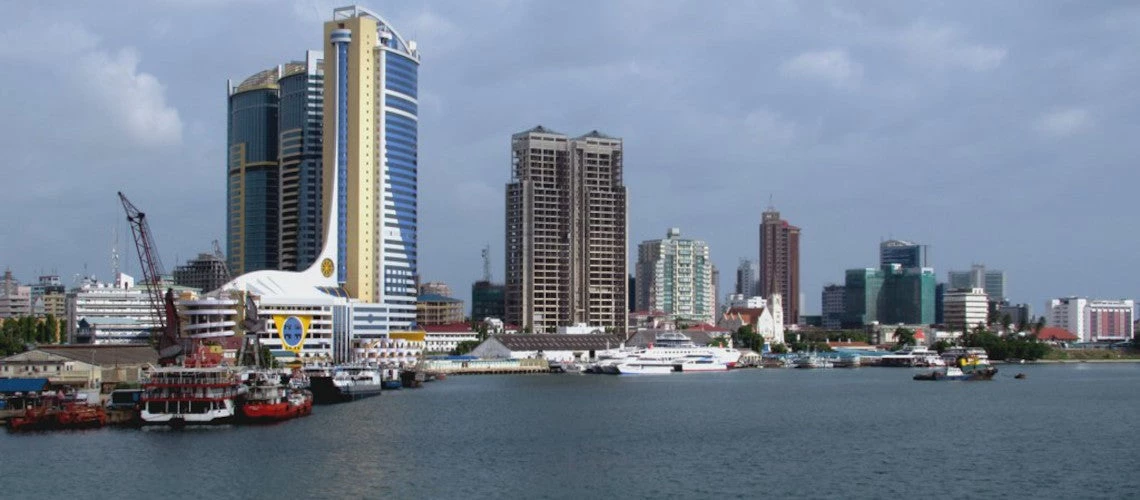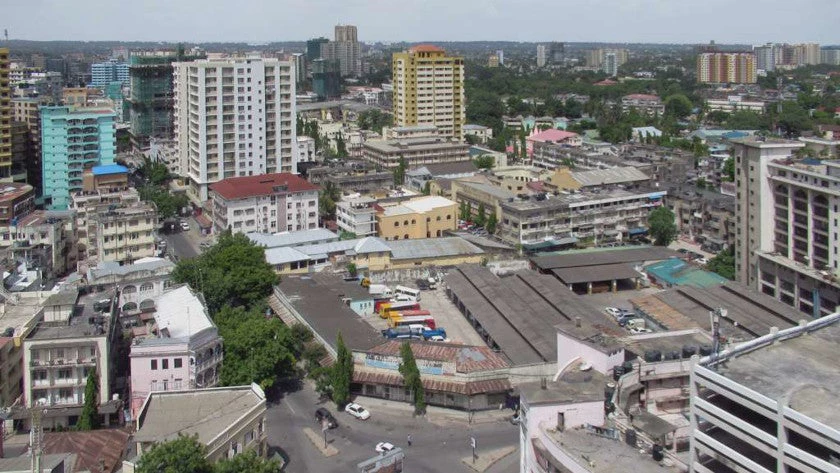 What does Tanzania’s move to lower-middle income status mean?
What does Tanzania’s move to lower-middle income status mean?
On July 1, 2020, the World Bank announced that the Tanzanian economy had been upgraded from low to lower-middle income status. So, what does that mean? Below, we answer some of the most frequently asked questions about this global exercise and what it means for Tanzania.
How does the World Bank define country income groups? The World Bank assigns the world’s economies to four income groups—low, lower-middle, upper-middle, and high-income countries. The classifications are updated each year on July 1 by the Bank’s Development Data Group using the gross national income (GNI) per capita in current US dollars of the previous year (2019 in this case) against thresholds adjusted annually for inflation. Thus, the GNI numbers that are used for this year’s classification do not yet reflect the impact of COVID-19.
What has caused the change in classification for Tanzania? Tanzania’s GNI per capita increased from $1,020 in 2018 to $1,080 in 2019, which exceeds the 2019 threshold of $1,036 for lower-middle income status. Thus Tanzania is currently classified as a lower-middle income country. The upgrade for Tanzania is the product of the country’s strong economic performance of over 6% real gross domestic product (GDP) growth on average for the past decade.
Has the country achieved the Tanzania Development Vision (TDV) 2025 goals early? Yes and no. Per capita income is the formal criteria for low- and middle-income countries (LMIC) classification, and Tanzania has now crossed the threshold for lower-middle income status. But this is only part of the picture. TDV 2025 is much broader, and envisions Tanzania as a middle-income country in 2025, characterized by high-quality livelihoods; peace, stability, and unity; good governance; a well-educated and learning society; and a competitive economy capable of sustainable growth and shared benefits. So increased GNI per capita is not enough. Investing in both human development and physical capital is key to achieving these broad goals and improving the quality of life for all Tanzanians.

What will it take to retain LMIC status? Income classifications are calculated by the World Bank annually, and Tanzania needs to sustain its income growth momentum to remain in LMIC status. The COVID-19 pandemic presents unprecedented challenges around the globe, and per capita income in many countries will decline in 2020. Tanzania is also facing challenges, as discussed in the recently released Tanzania Economic Update. Historically, there have been 23 cases in the past 10 years of countries slipping back from MIC status to low income, or from high-income status to MIC. This has occurred for a variety of reasons. Some are exogenous, such as natural disasters and conflicts, but a significant number are also due to macroeconomic instability from high reliance on natural resources (commodity price shocks) or weakened debt sustainability due to mismanagement of macroeconomic policies. Hence, continued prudence on macroeconomic management should be a priority for Tanzania even after reaching this milestone.
Will Tanzania immediately lose access to concessional financing from the World Bank? No. While GNI per capita informs the decision on whether or not a country is eligible for International Development Association (IDA) financing - the World Bank’s concessional lending arm - it is not the only indicator. Other factors, such as a country’s macroeconomic prospects, creditworthiness, risk of debt distress, vulnerability to shocks, institutional constraints, and levels of poverty and social indicators are also used to establish a country’s eligibility for IDA financing.
Where can I find the underlying data behind the per capita income calculations? The data used by the Development Data Group to calculate GNI per capita is publicly available. Data for GNI, GNI per capita, GDP, GDP PPP, and Population for 2019 are now available on the World Bank's Open Data Catalog.


Join the Conversation